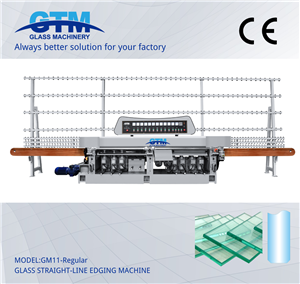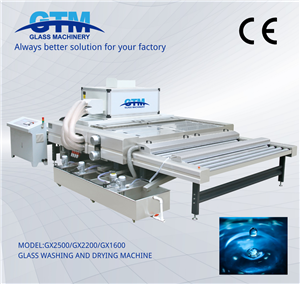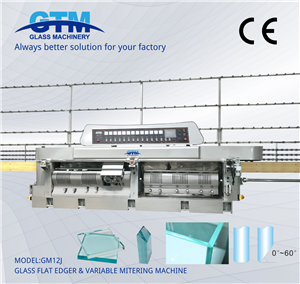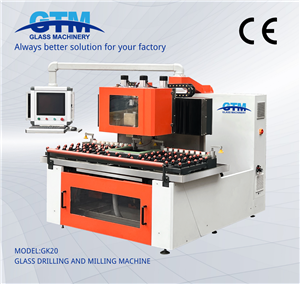Ión meticuloso: consideraciones para elegir maquinaria para vidrio
Introduction: Glass products are widely used in various fields such as construction, automotive, and
home furnishings due to their unique transparency, luster, and plasticity. Glass machinery, as a key
equipment in the production process, directly affects production efficiency and product quality. This
article will explore several key points to consider when selecting glass machinery.
1. Clarify Needs: The First Step in Selection Before selecting glass machinery, it is essential to clarify
your production needs. Different glass products have different requirements for machinery.
For instance, architectural glass requires precision in size and strength, while artistic glass focuses more
on the diversity of shapes and richness of colors.
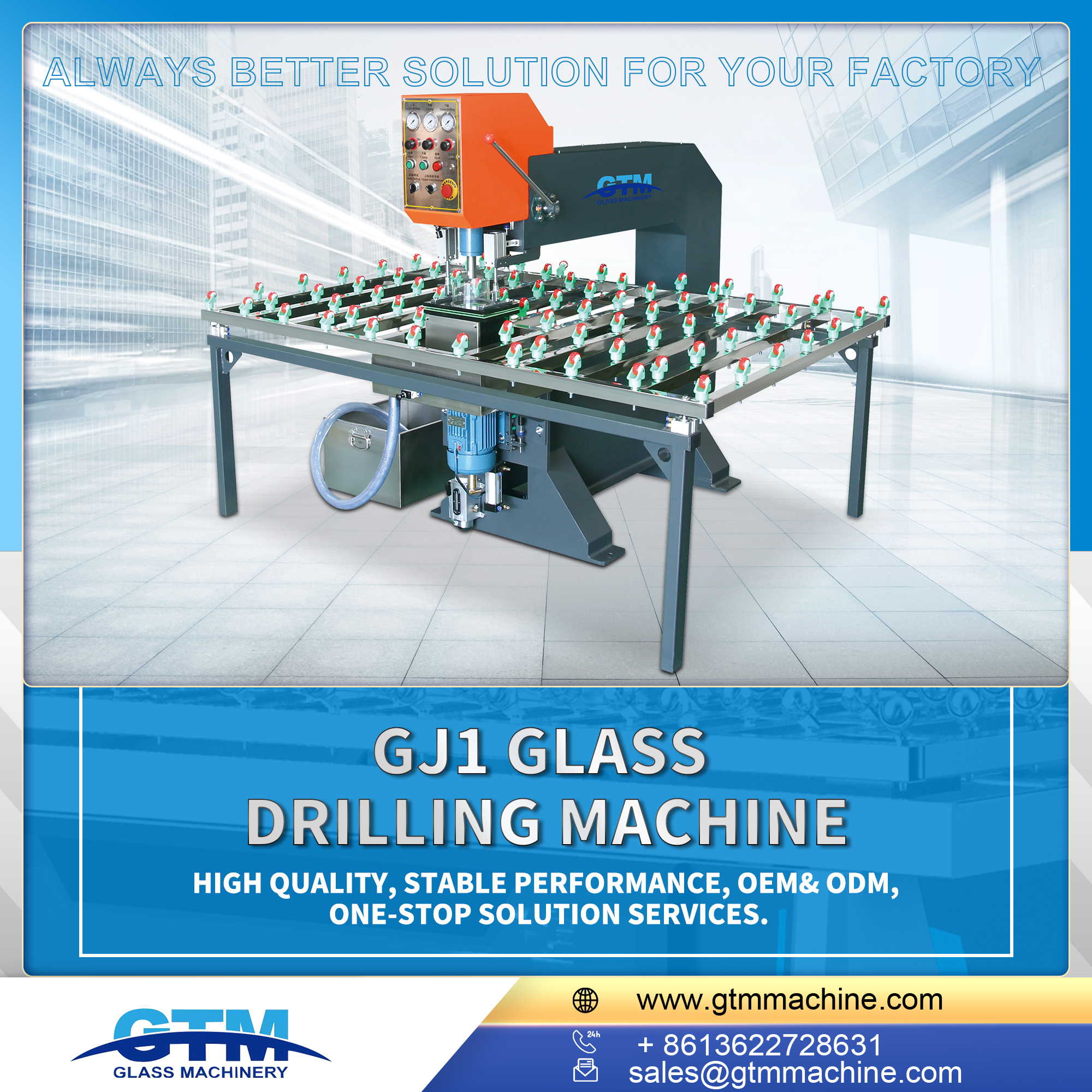
2. Technical Specifications: The Core of Performance Understanding the technical specifications of the
machinery is an indispensable part of the selection process. This includes, but is not limited to, the
machinery's processing capacity, precision, speed, and level of automation. These specifications will
directly affect production efficiency and product quality.
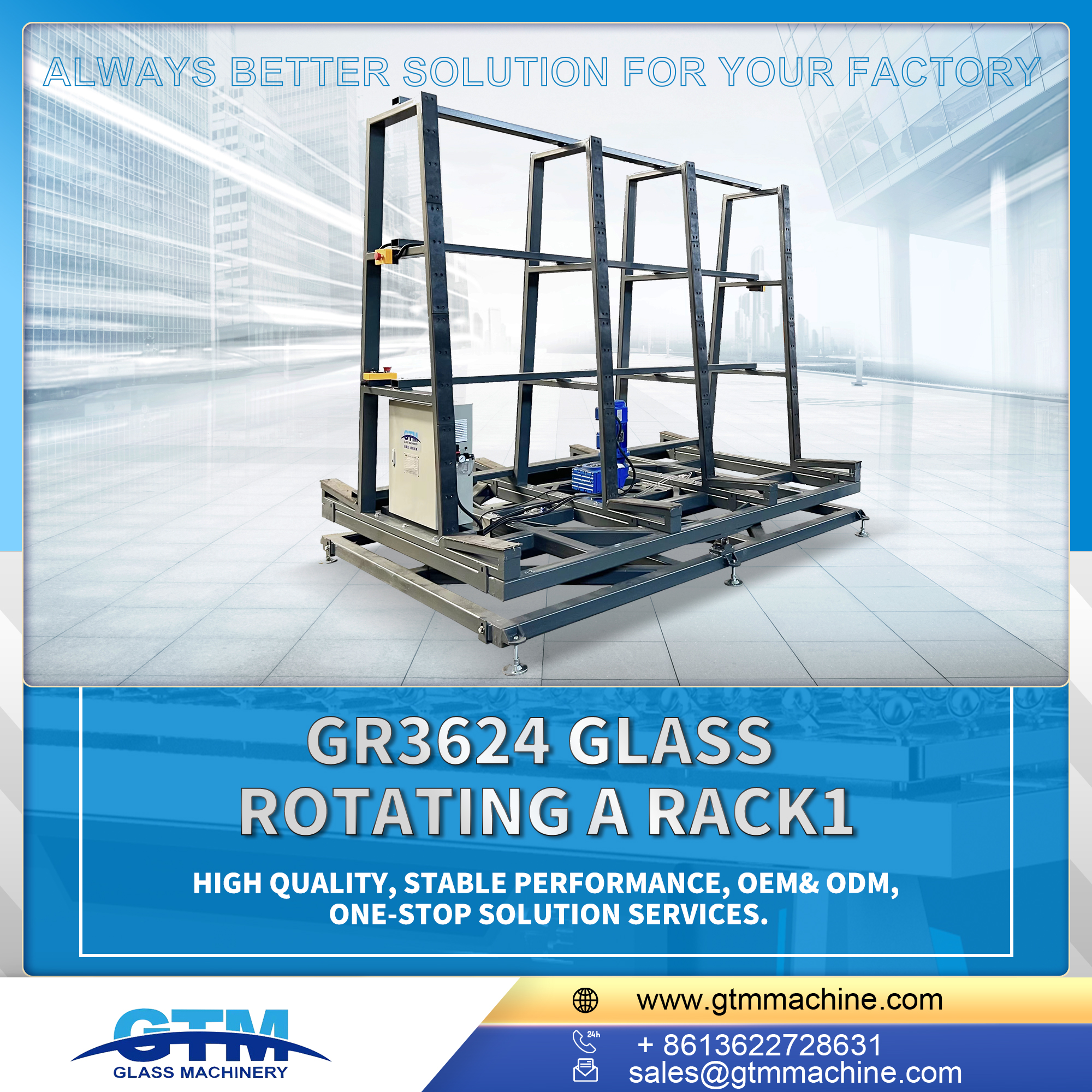
3. Brand and Reputation: A Guarantee of Quality Choosing glass machinery from well-known brands
usually ensures higher product quality and after-sales service. Through market research and
recommendations from the industry, understanding the user evaluations and market share of different
brands can help select machinery with a high cost-performance ratio.
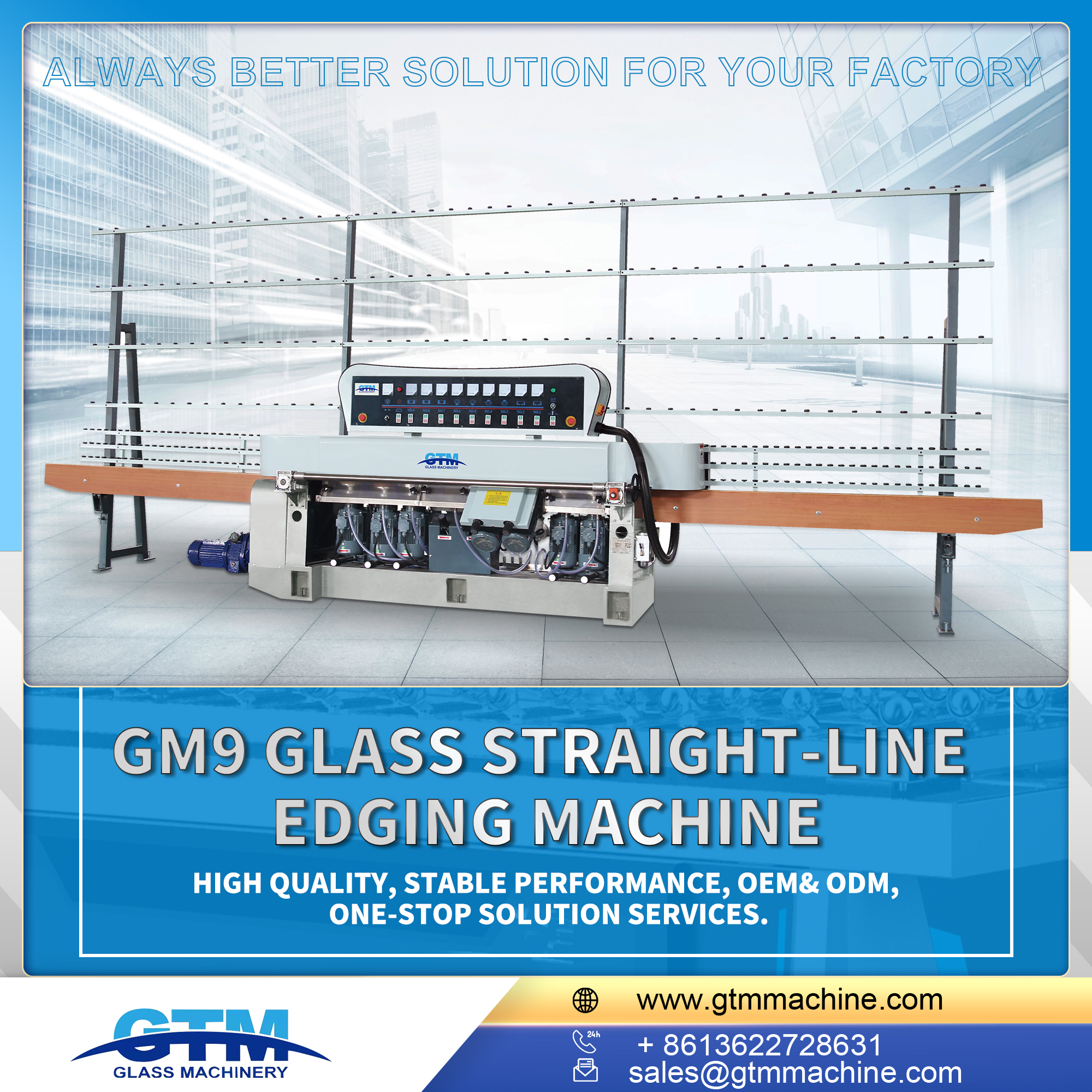
4. After-Sales Service: The Key to Long-Term Operation Good after-sales service can quickly resolve
issues with machinery, reducing the risk of production interruptions. Therefore, when selecting,
consider the manufacturer's after-sales service network, response time, and maintenance capabilities.
5. Environmental Protection and Energy Saving: Requirements for Sustainable Development With the
global emphasis on environmental protection, energy saving and environmental friendliness have
become important considerations when selecting machinery. Choosing machinery with low energy
consumption and minimal pollution not only meets environmental requirements but also reduces
operating costs in the long run.
6. Ease of Operation: Enhancing Production Efficiency Machinery that is easy to operate can reduce
the training time for operators and enhance production efficiency. When selecting, consider whether
the control system is user-friendly and whether the operation interface is intuitive and easy to
understand.
7. Price and Budget: Economic Considerations Within the premise of meeting technical needs, price
is also an important consideration. A reasonable budget plan can help enterprises control costs while
ensuring production needs are met.
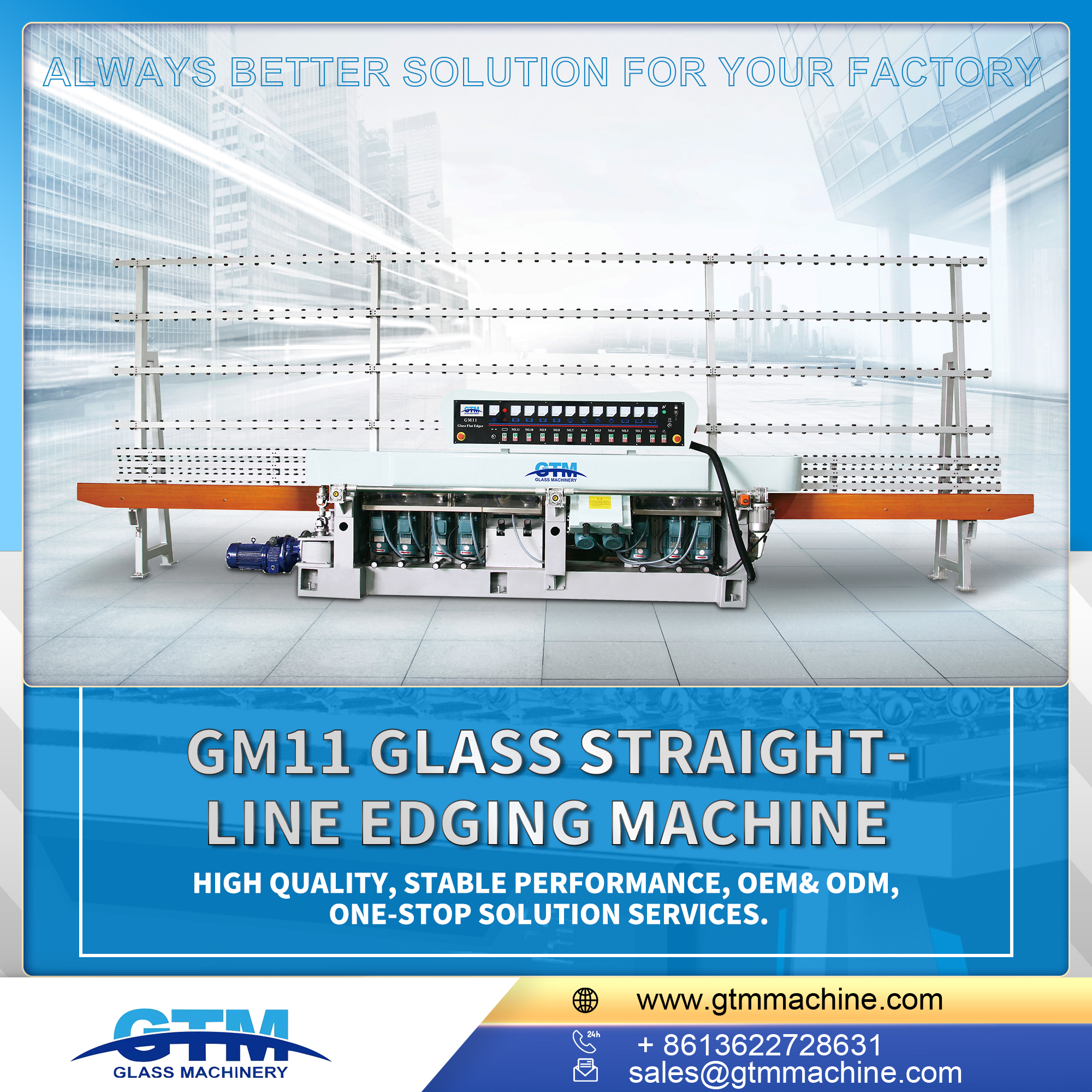
8. Upgradeability and Expandability: Space for Future Development As production needs change,
machinery may require upgrades or additional functions. Choosing machinery with good
upgradeability and expandability can provide space for the future development of the enterprise.
Conclusion: Selecting glass machinery is a decision-making process that requires a comprehensive
consideration of various factors. From clarifying needs to considering technical specifications, from
brand selection to after-sales service, and then to environmental protection, energy saving, and ease
of operation, every step is crucial. Reasonable selection can not only improve production efficiency
and ensure product quality but also lay the foundation for the sustainable development of the
enterprise.

